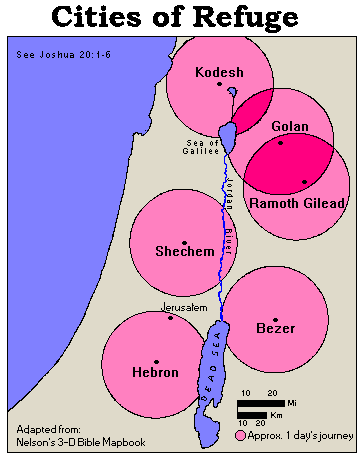Now fear the LORD and serve him with all faithfulness. Throw away the gods your ancestors worshiped beyond the Euphrates River and in Egypt, and serve the LORD. But if serving the LORD seems undesirable to you, then choose for yourselves this day whom you will serve, whether the gods your ancestors served beyond the Euphrates, or the gods of the Amorites, in whose land you are living. But as for me and my household, we will serve the LORD.
John Calvin
It seems here as if Joshua were paying little regard to what becomes an honest and right-hearted leader. If the people had forsaken God and gone after idols, it was his duty to inflict punishment on their impious and abominable revolt. But now, by giving them the option to serve God or not, just as they choose, he loosens the reins, and gives them license to rush audaciously into sin. What follows is still more absurd, when he tells them that they cannot serve the Lord, as if he were actually desirous of set purpose to impel them to shake off the yoke. But there is no doubt that his tongue was guided by the inspiration of the Spirit, in stirring up and disclosing their feelings. For when the Lord brings men under his authority, they are usually willing enough to profess zeal for piety, though they instantly fall away from it. Thus they build without a foundation. This happens because they neither distrust their own weakness so much as they ought, nor consider how difficult it is to bind themselves wholly to the Lord. There is need, therefore, of serious examination, lest we be carried aloft by some giddy movement, and so fail of success in our very first attempts. With this design, Joshua, by way of probation, emancipates the Jews, making them, as it were, their own masters, and free to choose what God they are willing to serve, not with the view of withdrawing them from the true religion, as they were already too much inclined to do, but to prevent them from making inconsiderate promises, which they would shortly after violate. For the real object of Joshua was, as we shall see, to renew and confirm the covenant which had already been made with God. Not without cause, therefore, does he give them freedom of choice, that they may not afterwards pretend to have been under compulsion, when they bound themselves by their own consent. Meanwhile, to impress them with a feeling of shame, he declares that he and his house will persevere in the worship of God.





